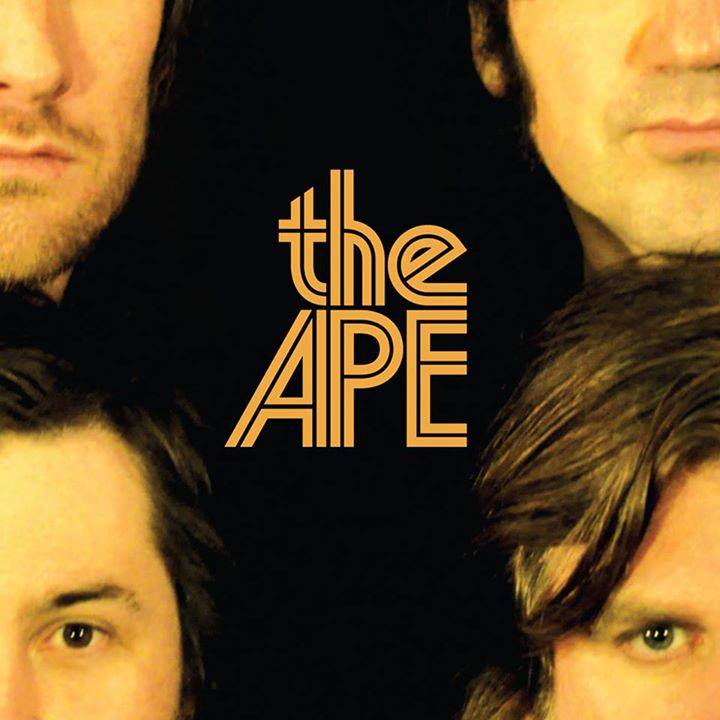“The label that we’ve always been on in the UK, an indie label called Wichita, we’ve been with them since the start,” says bassist and vocalist Gary Jarman. “When we first started they were actually only two years old, we were one of the first bands which they signed. The band and the label sort of grew together, so I think they really wanted to mark the occasion. Me and my brothers are pretty obsessive about things and so it’s kind of nice to wrap up ten years in one record.”
Jarman apologises for the lack of violent tales about how the three siblings put the release, Payola, together. “We didn’t really take any outside opinion – we’re really diplomatic. Collecting songs together wasn’t that tough; it wasn’t a case of just putting the most popular ones on there. We put the one on which we think are the best ones.”
What eventuated was a thoroughly emblematic anthology of the West Yorkshire group’s lo-fi, rabble-rousing spirit across their five albums. The consistency of The Cribs is often referred to, held up as a part of their solid success without compromise. Jarman says that in the beginning, the boys honestly weren’t aware that such a trajectory was possible. “The only thing that we ever wanted when we first started was to get out of the town we grew up in,” he says simply. “There weren’t many bands coming through and there wasn’t a great deal of culture at the time – it’s actually much better now, but at the time we felt that we were pretty isolated. When we started with Wichita our idea was like, well, we just want to tour.” And tour they did, heavily and determinedly. “We had this ethic of going to small towns, not just playing the big cities. That was an effect of growing up where there wasn’t any concerts. You figured there must be some kids in these towns that were frustrated too.”
The way The Cribs’ music traversed the popular radio landscape was curious to the Jarmans as well. “We hadn’t really considered the idea, I think because we didn’t really have that same ambition as a lot of the bands which were being held up as our contemporaries at the time,” Jarman says, referring to other British acts such as The Libertines who were being heralded as a counter to the wave of American alternative rock bands which ruled the airwaves in the early ‘00s. “We never really imagined that it was possible to be a mainstream popular rock band. We operated in a different way to that; we were lo-fi and scrappy. But I think that because we built up a fanbase in that way, when the radio did start playing the songs and we did start crossing over – we never expected that,” he concludes solidly. “And if you go in expecting that, your band is going to be kind of a lame band, you know what I mean?”
Speaking of the swampy politics of radio play, that’s where the name of the album comes in. “That was the irony,” Jarman says. “The label had asked us to put out a best of and we felt kind of weird about it. We didn’t want to seem like we were being vain. ‘Payola’ means when a record label … pays a radio station or a TV station to play their music, which frequently used to happen. We felt like The Cribs had built themselves primarily as a live band and we like to think it’s been a grassroots sort of process. And so the fact that we managed to get success on a mainstream level in the UK, we had to put something sort of snarky in there.”
BY ZOË RADAS







